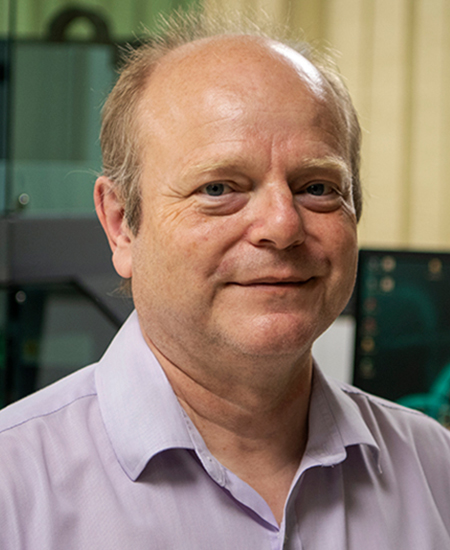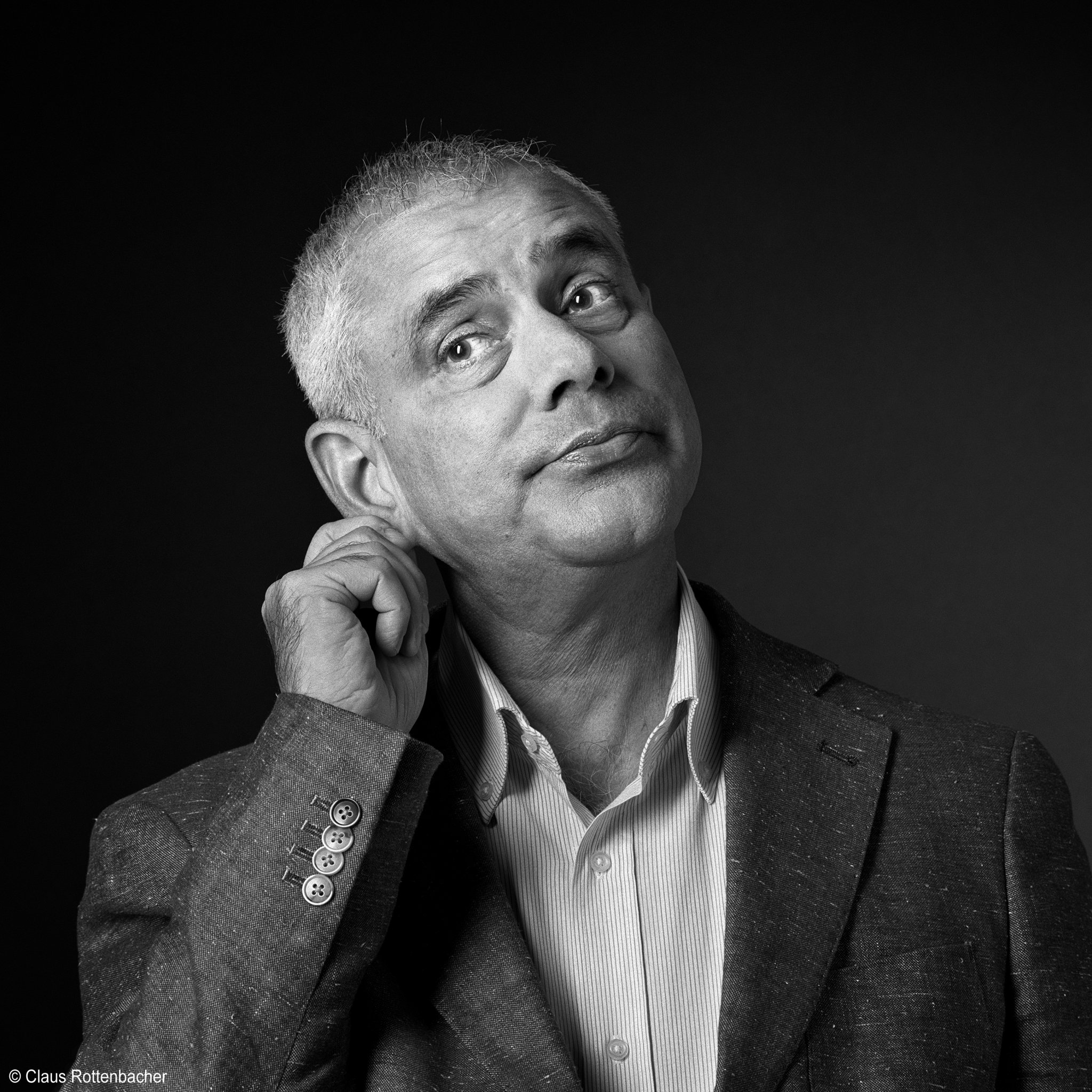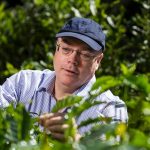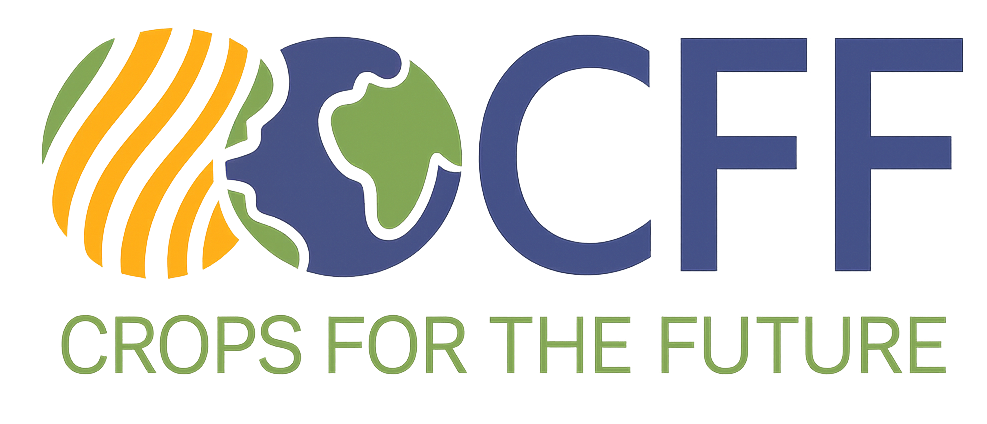About Us
Facilitating the wider use of underutilised crops for food security and sustainable agriculture.
Our Vision
To be a world leader producing excellent, innovative research on underutilised crops that is responsive to societal demands.
CFF closely mapped its plans to the United Nations 2030 Agenda for Sustainable Development, through world-class research that contributes to specific Sustainable Development Goals (SDGs). CFF is focusing its efforts where it can achieve the greatest impact by leveraging on knowledge, capabilities and global partnerships.
This Roadmap is designed to enable sustainable long-term growth. By achieving its 2030 goals, CFF will continue to enhance its ability to develop solutions that will help transform agriculture for good.

Our Goals
At Crops For the Future UK, we have established clear, ambitious goals to guide our research and global impact. These goals align with the UN Sustainable Development Goals and reflect our commitment to transforming agriculture.
- To secure a greater role for underutilised crops in global agriculture, especially in developing regions of the world.
- Through our research, provide trusted knowledge on underutilised crops.
- With our partners, establish a global research community on underutilised crops.
- From our outputs, deliver innovative and useful products from underutilised crops.
- By our actions, develop evidence-based, sustainable applications using underutilised crops for society and environment.

Our History
Crops For the Future (CFF) was established to address the critical need for agricultural diversification in the face of climate change and food security challenges. Our journey began with a simple yet powerful vision: to unlock the potential of underutilised crops that have been overlooked by mainstream agriculture.
Founded by a coalition of scientists, agricultural experts, and sustainability advocates, CFF has grown from a small research initiative into a globally recognized organization with partnerships across continents.
Throughout our history, we have maintained our commitment to rigorous scientific research, evidence-based approaches, and collaborative partnerships that span academia, industry, and government sectors.
Today, CFF continues to evolve and expand its impact, bringing underutilised crops into the spotlight and demonstrating their potential to transform agriculture for a more sustainable and food-secure future.

Our Team
Meet the dedicated experts leading our research and operations

Prof. Peter Gregory
Chair
Prof. Peter Gregory is Emeritus Professor of Global Food Security at the University of Reading having previously been Professor of Soil Science at the same university. His role in CFF is to maintain oversight of the research activities of all research staff and to encourage research innovation.

Dr. Sean Mayes
Secretary and Treasurer
Following his BA in Natural Sciences (Genetics) at the University of Cambridge and PhD on the Genetic improvement of oil palm, Dr Mayes became International Group Leader, Genetics Department, University of Cambridge.

Prof. George Rothschild
Director and Board Member
Professor George Rothschild is a dual British-Australian citizen with over 50 years of post-doctoral experience of research and development in low and middle income countries.

Prof. Sayed Azam-Ali
Executive Director
Prof. Sayed Azam-Ali was appointed as the first Chief Executive Officer of Crops For the Future (CFF) in August 2011. In 2017, he was elected as Chair of the Association of International Research and Development Centers for Agriculture.

Prof. Graham King
CFF Associate: CropStore
Professor Graham King has over 35 years post-doctoral research and research management experience, with a widely recognized international profile in crop plant genetics, genomics and related bioinformatics and data management.

Dr. Ebrahim Jahanshiri
CFF Associate: Head of CropBASE
Dr. Ebrahim Jahanshiri oversees the research and development of prototype data driven solutions to support CFF's mission in facilitating wider adoption of underutilised crops within the context of global agricultural diversification initiative.
Our Partners
Working together to transform agriculture through collaboration
Crops For the Future UK works with a network of research institutions, universities, NGOs, and industry partners worldwide. Our collaborative approach allows us to leverage diverse expertise and resources to advance research on underutilised crops and develop practical applications.
Partner logos would be displayed here
